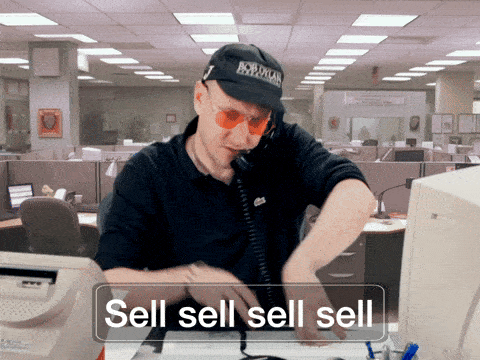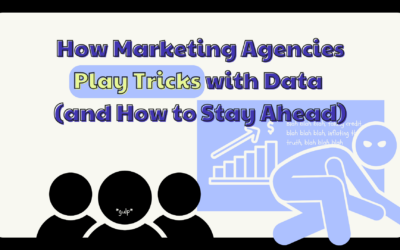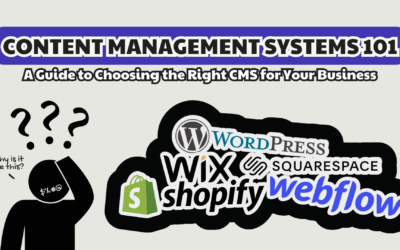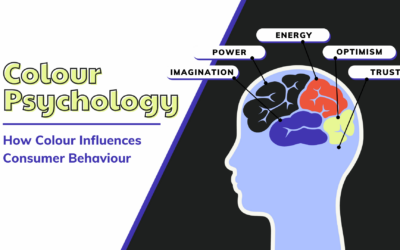How Does Your Marketing Partner Handle Conflicts-of-interest?
Nothing irks us more than seeing other agencies promote ads for clients within the same niche and geography. Most business owners don’t ask their marketing partner if there are any conflicts of interest, or worse, they get excited about working with a “specialist” in their niche.
But the truth of the matter is: the marketing industry can be murky. Many agencies don’t disclose their client roster, so businesses who pay for these services end up facing increased costs for CPC ads competing for the same terms.

For example, your marketing partner specializes in helping landscaping businesses grow their leads; however, they already have a competitor who is a landscaper offering similar services in your region. Therefore, whenever anyone searches, for example, “landscaping companies in Guelph,” multiple ads from several of their clients appear—each business none the wiser that they are paying for increased ad spend. And worse, one of them will lose out to the competitor willing to pay more.
5 Tough Questions To Ask Your Marketing Partner
Before partnering with a marketing agency, and dishing out thousands of dollars, it’s essential to ask the right questions to ensure there won’t be any conflicts of interest. Here are some key questions to consider:
- Do you work with any direct competitors within our geography?
- How do you ensure client exclusivity?
- Can you provide references from non-competing clients?
- What transparency measures do you have in place to avoid a conflict of interest?
- How do you handle potential conflicts of interest that may arise during the partnership?
It’s crucial to know if the agency has existing clients in the same industry and geographic area as your business. If they do, ask how they handle potential conflicts and ensure that they have measures in place to protect your interests. Furthermore, you should ensure that your ads won’t get bumped should a new and higher-paying competitor involved.
How Does Boldog Digital Handle This?

It’s a frustrating reality in the marketing world, one we are vocal about because it needs to change. Here at Boldog Digital, we believe in transparency and integrity above all else. That’s why we want to shine a light on the importance of asking the right questions and making informed decisions when it comes to choosing your marketing or SEO partner.
So, how do we handle conflicts of interest at Boldog? First and foremost, we believe in putting our clients’ best interests front and center. That means being upfront about any potential conflicts and taking proactive steps to mitigate them.
When you work with us, you can rest assured that we won’t take on clients who directly compete with each other in the same niche and geographical area. We understand the importance of exclusivity and ensuring that our clients get the attention and resources they deserve without having to worry about their marketing efforts being diluted by competing interests.
But our commitment to ethical marketing doesn’t stop there. We also believe in full transparency when it comes to our client roster. Unlike some other agencies who keep their client list under wraps, we’re proud to showcase the businesses we work with. We see it as a testament to the trust our clients have placed in us, and we’re happy to share their success stories with the world.
Furthermore, we’re dedicated to constantly evaluating and reassessing our practices to ensure that we’re always acting in the best interests of our clients. That means staying up-to-date on industry trends, regularly communicating with our clients to understand their evolving needs, and being willing to make adjustments as necessary.
In Conclusion
So, the next time you’re considering a marketing partner, don’t be afraid to ask the tough questions. Make sure you understand how they handle conflicts of interest and whether they’re committed to ethical practices. And if you’re looking for a partner who puts integrity first, we hope you’ll consider Boldog Marketing.
If we aren’t your perfect partner, that’s fine too, just make sure you ask your next agency:
“Do you have any direct competitors in our geography?”



